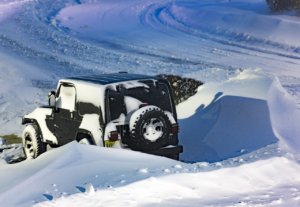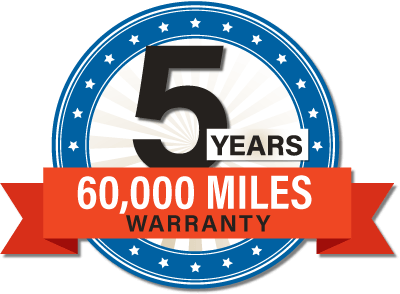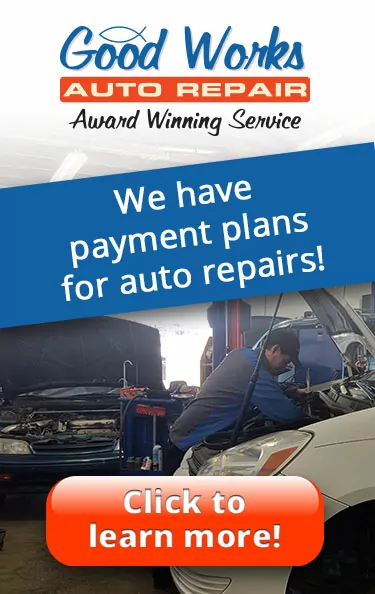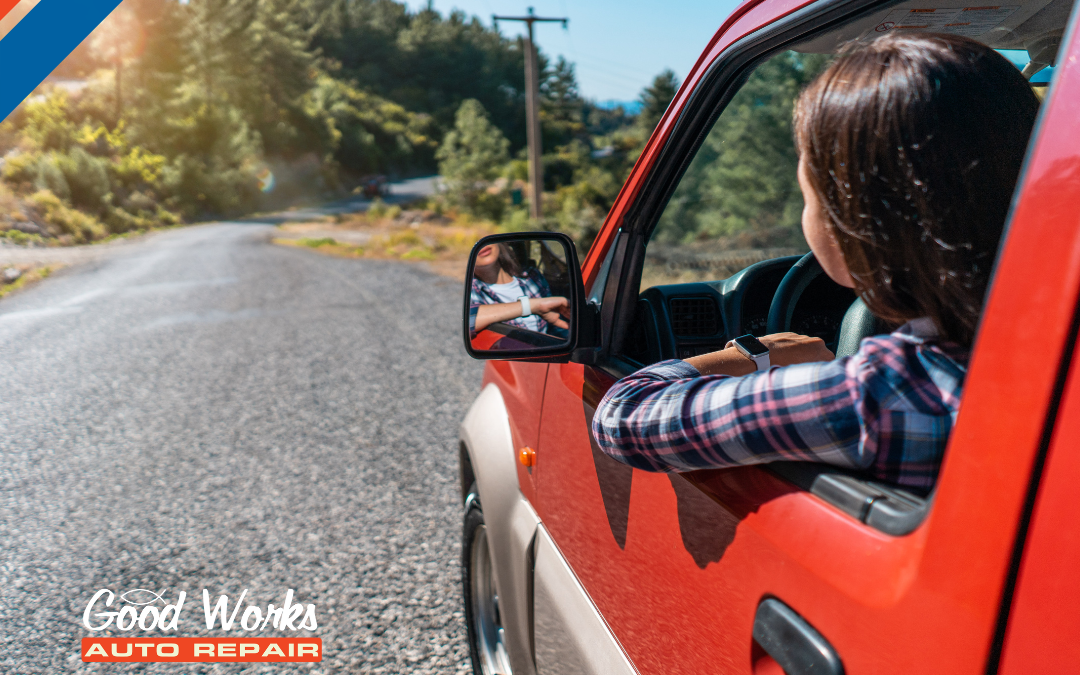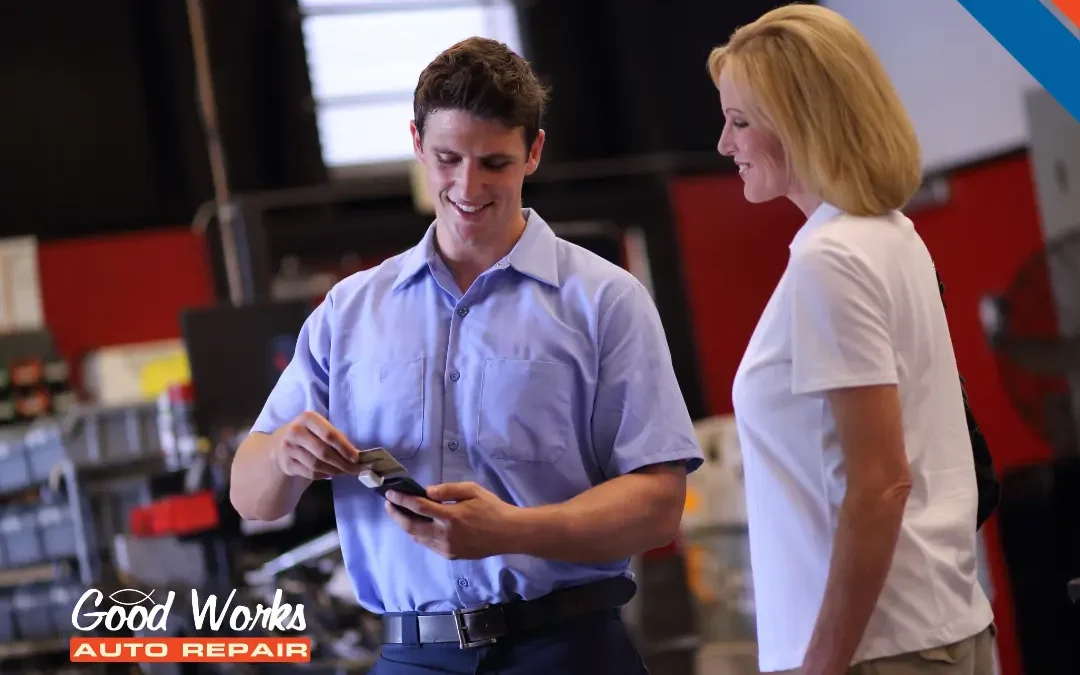No matter where you live in the United States, you’ll probably encounter some form of extreme weather when it comes to your vehicle. With the four main types of extreme weather – heat, cold, rain and wind – you should always be prepared with both a trusted repair shop on hand and basic knowledge. Being prepared makes you a much more responsible, safe driver. Our repair technicians see vehicles come into our repair shop on a daily basis that has had some damage due to extreme weather. By protecting your vehicle or being prepared, you can minimize major auto repairs down the road.
So what exactly do you need to know for each type of extreme weather?
Hot Weather
It’s all about taking good care of your car battery. The hot days of Arizona summers can take a lot out of you… we mean… your battery. When those temps rise high, the vital liquid in the battery can start to evaporate. For batteries that are more than a couple of years old, you could end up stranded on the side of the road with a dead battery (in the heat. Is your car battery (https://goodworksautorepair.com/battery-service/) more than three years old? You may want our repair shop to change that battery so you don’t get stuck.
Cold Weather
You may not see this one too often here in Arizona, but you may travel one day to colder temperatures or have loved ones who you can share this information with. Cold weather tends to do a number on our tires. Remember that the air pressure in your tires will be lower in cold weather than in hot. Tire pressure typically changes by 1-2 pounds per square inch (PSI) for every 10 degrees of temperature change. It’s simple physics, really — cooler air means slower molecular motion, and that causes the air pressure to drop. One of the most helpful things you can do is have your repair shop routinely check your tire pressure or buy a tire gauge and read it yourself. Properly inflated tires are safe tires.
Rain
Rain can harm the finished paint job on your vehicle. Sure, it will make your car look old and not as nice, but it is more than just a cosmetic issue. Water is corrosive, meaning it supports oxidation in the form of rust which can really weaken your vehicle’s frame if left unchecked. Not only that, but those little drops of water act like a magnifying glass and can focus the sun’s rays against your finish, potentially causing damage. Remove those water droplets after a heavy rain so they don’t sit on your vehicle.
Wind
During windy weather, you should just focus on your safety. Heavy winds are just as dangerous to drive in as snow and ice. Keep both hands on the wheel, don’t follow too close, watch for object blowing in the road, and pull over if you don’t feel safe.
Knowing what to expect can help keep your vehicle in better condition and keep you safer on the roads. If you have questions or think you require some vehicle maintenance or repairs due to extreme weather, come on in and see us!

